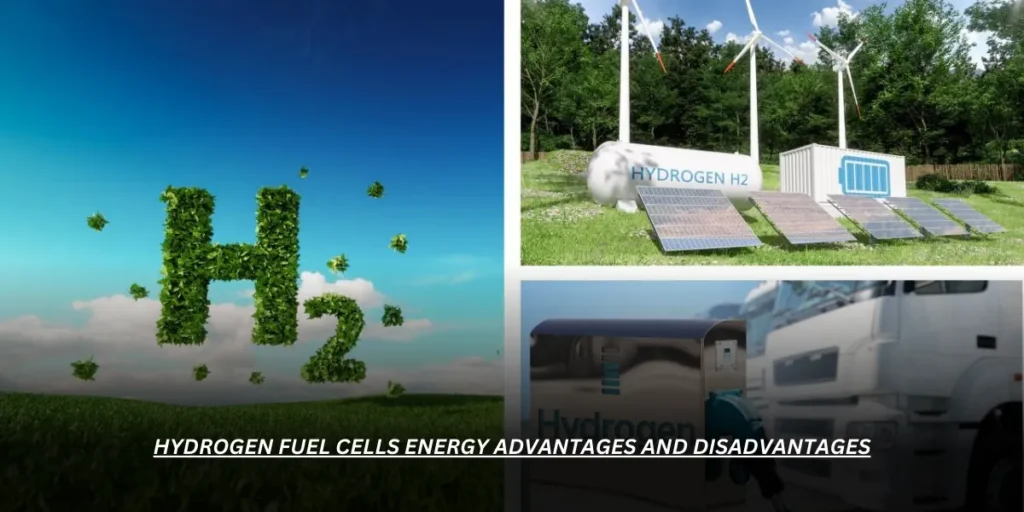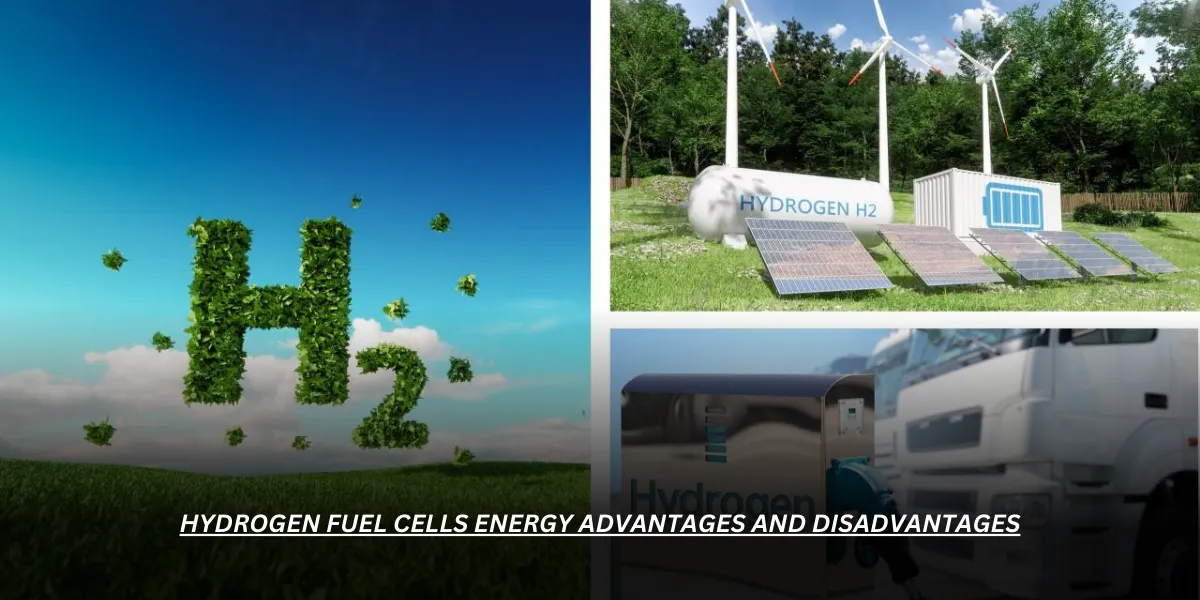
Hydrogen Fuel Cells: Power of the Future, or a Hype Machine?
hydrogen fuel cells energy advantages and disadvantages– In the race for cleaner energy sources, hydrogen fuel cells have emerged as a promising contender. These innovative devices hold the potential to power our cars, homes, and even entire cities with minimal environmental impact. But are they all sunshine and rainbows, or are there hidden drawbacks? Let’s delve into the world of hydrogen fuel cells, exploring both their exciting advantages and the challenges that lie ahead.
Clean and Green: The Allure of Hydrogen
One of the biggest advantages of hydrogen fuel cells is their clean operation. Unlike traditional gasoline or coal-powered plants, hydrogen fuel cells produce electricity through an electrochemical reaction, with water vapor as the only emission. This translates to cleaner air, reduced greenhouse gas emissions, and a significant step towards combating climate change.
Fast Refueling and Long Range: Convenience on the Go
Imagine filling up your car in just a few minutes, just like you do with gasoline. That’s the beauty of hydrogen fuel cells. Refueling time is significantly faster compared to electric vehicles that require lengthy charging sessions. Additionally, hydrogen fuel cell vehicles boast impressive driving ranges, comparable to gasoline-powered cars. This eliminates the “range anxiety” that often discourages people from adopting electric vehicles.
Beyond Cars: Powering Our Homes and Businesses
The potential of hydrogen fuel cells goes far beyond transportation. These versatile devices can be used to generate electricity for homes and businesses. They are particularly well-suited for areas with unreliable access to the power grid or those seeking a sustainable energy source. Additionally, hydrogen fuel cells can be used for backup power generation, ensuring a smooth flow of electricity even during outages.
Silent Operation: Peace and Quiet
If you’re tired of the constant roar of gasoline engines, hydrogen fuel cells offer a welcome respite. These silent power generators create minimal noise pollution, making them ideal for urban environments and noise-sensitive areas. They can significantly improve the quality of life in cities and contribute to a more peaceful environment.
Efficiency Matters: Making the Most of Energy
Hydrogen fuel cells are quite efficient in converting energy. They outperform traditional internal combustion engines, which waste a significant amount of energy as heat. This translates to better fuel economy and a reduction in overall energy consumption.
Not So Perfect: The Challenges of Hydrogen
While hydrogen fuel cells offer a plethora of advantages, there are also some hurdles that need to be overcome before widespread adoption becomes a reality.
Production Challenges: A Not-So-Clean Creation Story
The current method of producing hydrogen often relies on fossil fuels, negating the environmental benefits of the fuel cell itself. This process, called steam methane reforming, releases greenhouse gases into the atmosphere. To truly unlock the clean potential of hydrogen, we need to develop methods for large-scale production using renewable energy sources like solar or wind power.
Infrastructure Woes: Where to Fill Up?
One of the biggest challenges facing hydrogen fuel cells is the lack of refueling infrastructure. Currently, there are very few hydrogen filling stations compared to the vast network of gas stations. This limited accessibility discourages potential users and hinders the widespread adoption of hydrogen-powered vehicles.
Cost Concerns: A Pricey Proposition
The technology behind hydrogen fuel cells is still in its early stages, making them more expensive than traditional gasoline or electric vehicles. hydrogen fuel cells energy advantages and disadvantages Additionally, the cost of setting up hydrogen fueling stations is significant. Bringing down these costs is crucial for making hydrogen fuel cells a more economically viable option for consumers.
Safety Considerations: Hydrogen Can Be Fickle
Hydrogen is a highly flammable gas, and leaks can pose a safety risk. While fuel cell technology is constantly improving, ensuring safe storage, transportation, and use of hydrogen requires robust infrastructure and well-established safety protocols.
The Road Ahead: A Promising Future, But Work Remains
Despite the challenges, hydrogen fuel cells hold immense potential as a clean and sustainable energy source. With continued research and development, we can address the issues of production, infrastructure, and cost. As technology advances and the infrastructure expands, hydrogen fuel cells could play a major role in powering our transportation, homes, and businesses. The future of clean energy is bright, and hydrogen fuel cells are a significant player in this exciting journey.

